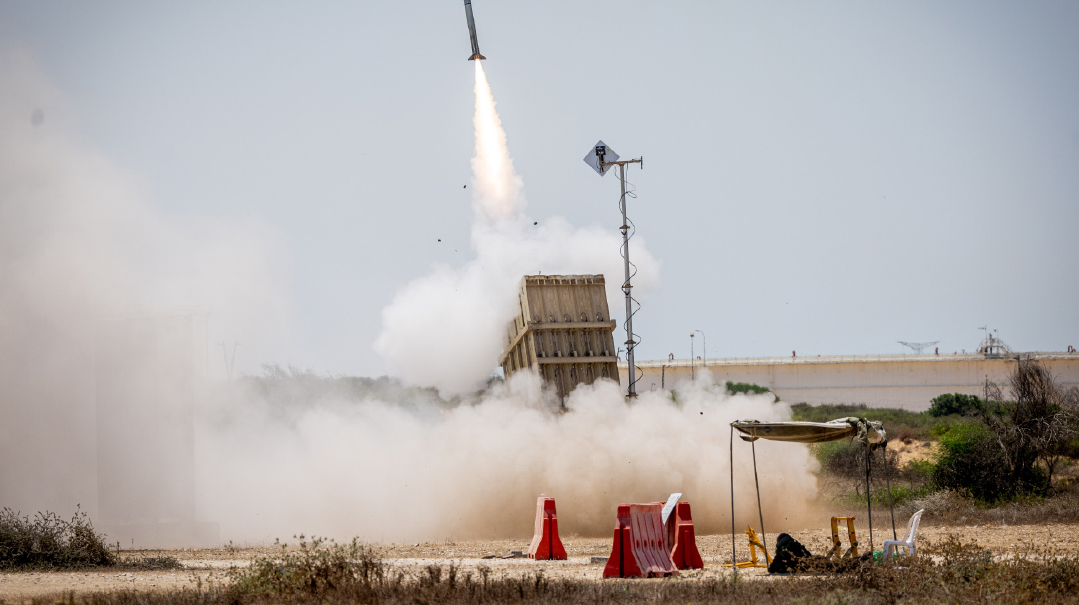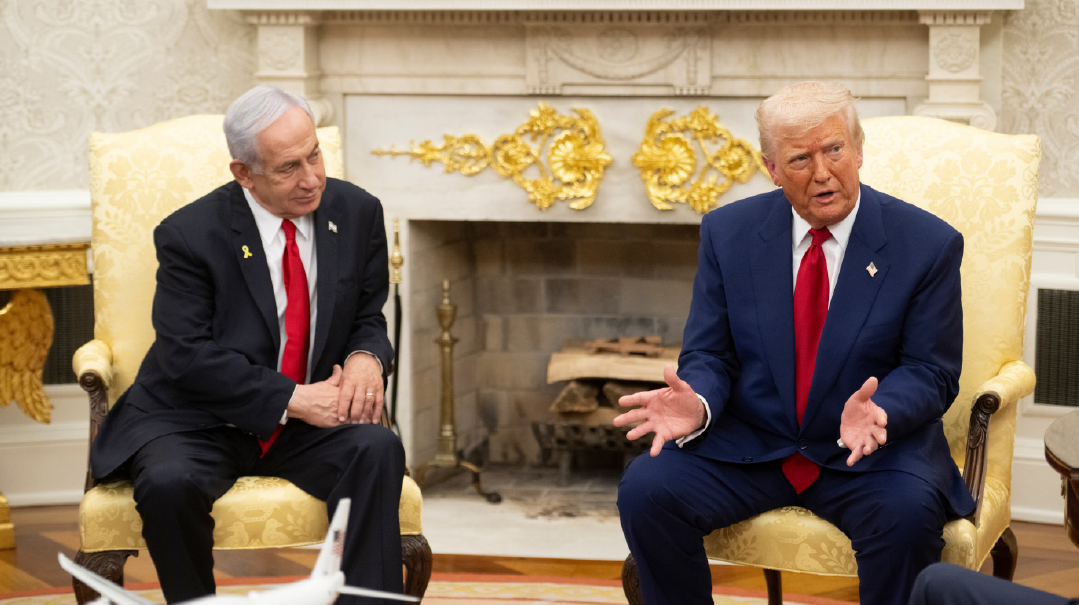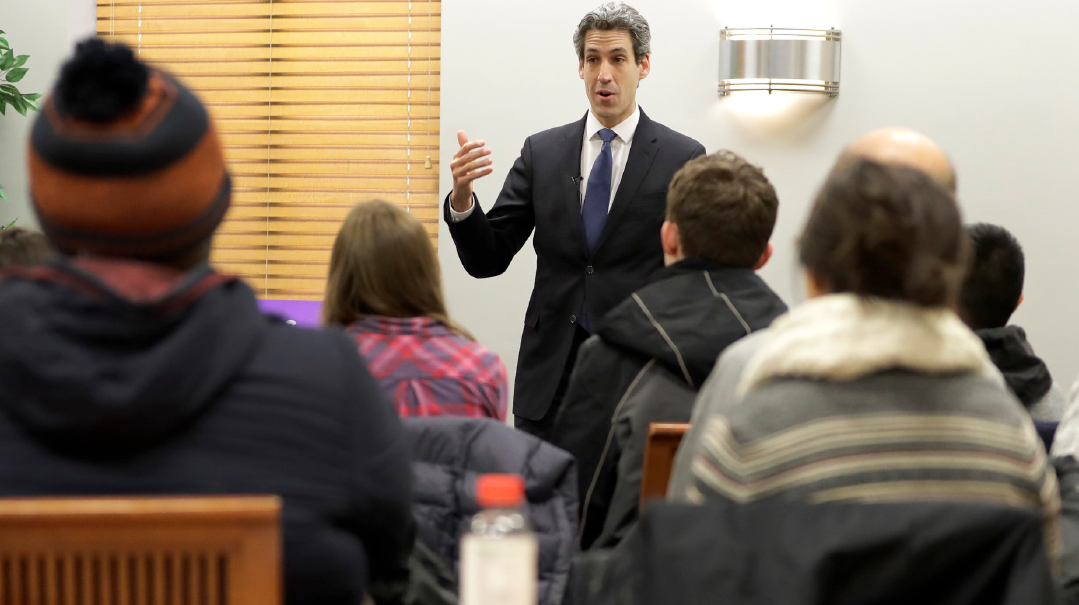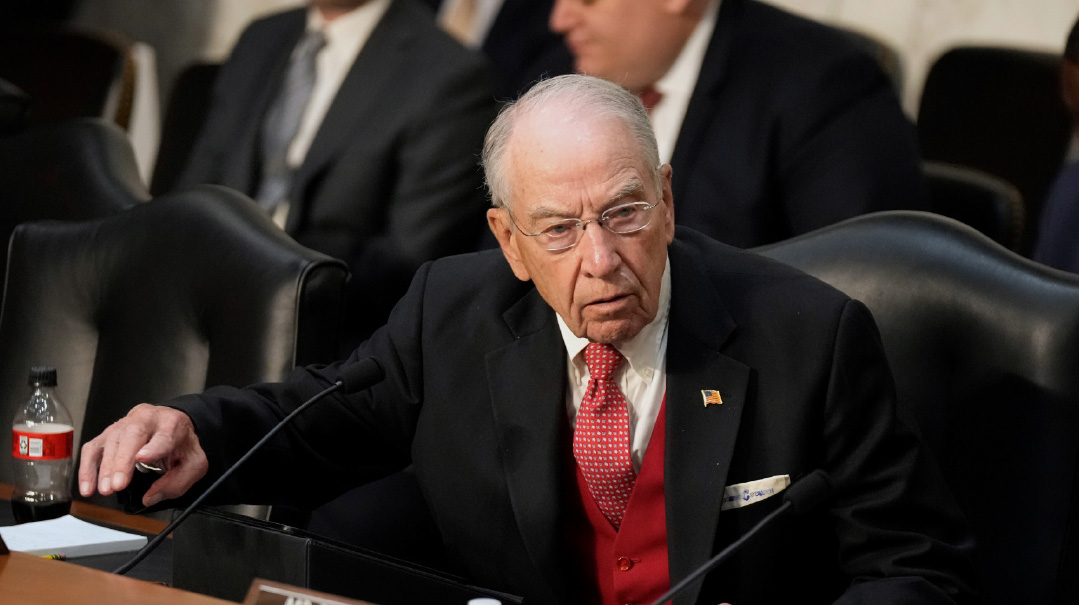Face to Face with Roni Alsheich

Police Commissioner Roni Alsheich explains the deluge of high-profile corruption investigations in Israel

(Photos: Ezra Trabelsi, Flash90)
W
When Roni Alsheich was appointed Police Commissioner by Prime Minister Netanyahu at the end of 2015, the choice came as quite a surprise. Alsheich wasn’t a senior police officer, and had never even worked in the police force. In fact, he was pretty much anonymous — that’s because he was the deputy director of the General Security Service (Shin Bet), where secrecy is the watchword of the position.
His biography reads as unusual for Israel’s elite: He’s of Yemenite descent (his father came to Eretz Yisrael on Operation Magic Carpet), he’s religious, he grew up in Kiryat Arba where he made his mark in school as a gifted child, attained the rank of major in the Paratroopers Engineering Corps, has a master’s degree in criminology and was also a talmid at the Mercaz Harav yeshivah, has seven children and several grandchildren, and raised his family in the yishuv of Kochav Hashachar. Today he lives in Givat Shmuel, outside Bnei Brak, where he attends his daily 6 a.m. Shacharis minyan before getting to his modest office at the police academy in Beit Shemesh before eight.
Alsheich doesn’t only have a talking relationship with the chareidi sector, he knows it from the inside. He has many chareidi relatives, and during his years in the Shin Bet, he established a close relationship with Rav Mordechai Eliyahu ztz”l, to whom he addressed numerous questions regarding Shabbos and other complex topics. “He never prodded me for the details I couldn’t reveal,” the usually reticent Alsheich tells Mishpacha in a rare interview. “He was wise enough to cull the necessary information without compromising secret information.”
According to some media reports, Alsheich never wanted his current job. He was positioned to become chief of the Shin Bet, but, say media pundits, Netanyahu practically compelled him, with the promise that he’d later become Shin Bet head if Netanyahu would still be prime minister four years down the line. That seemed to be a pretty secure deal for the Prime Minister as well — which made it all the more surprising when Alsheich, heading the police probe into bribery charges, recommended Netanyahu’s indictment.
Many arrows have been shot at Alsheich over the police investigation against the man who secured his position (Netanyahu claimed the leaks came out of the office of this assumed loyalist), but the police commissioner denies that his department was the address for leaks concerning the investigation of corruption in the Netanyahu government, and stresses that there were no interests except his department’s duty-bound responsibility to justice.
“I think that dragging the police into a political argument is a huge mistake on the part of public officials — it’s something that should never happen, because in order to maintain our integrity, we must remain staunchly apolitical, and that means on both sides,” Alsheich says. “It’s not true that the prosecution was surprised by our recommendation in the Netanyahu investigations. Regulations require us to present all the facts and the classified materials to the prosecution even before an official investigation is opened. From the minute the suspicions began to mount, the police sought permission to open an investigation and from that point on, everything was coordinated down to the finest details.”
Police investigations have become the nightmare of every public official, and Police Commissioner Roni Alsheich is the man responsible for the continued investigations of the Netanyahu family that earlier this spring nearly toppled the government.
(Excerpted from Mishpacha, Issue 706)
Oops! We could not locate your form.






